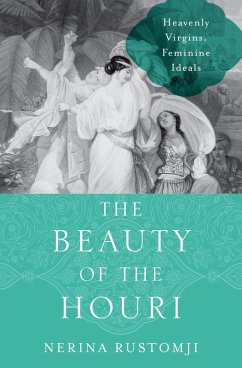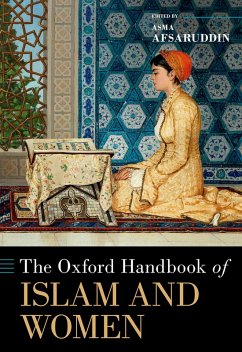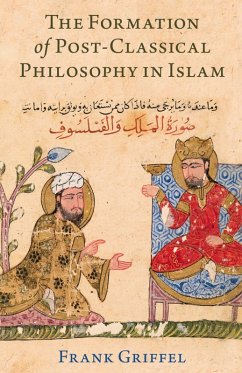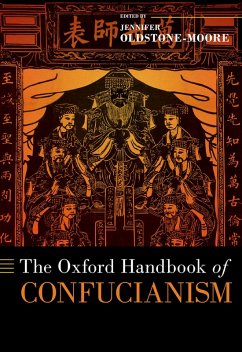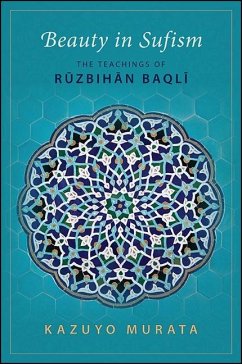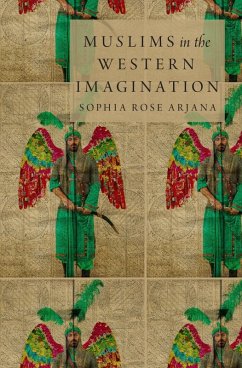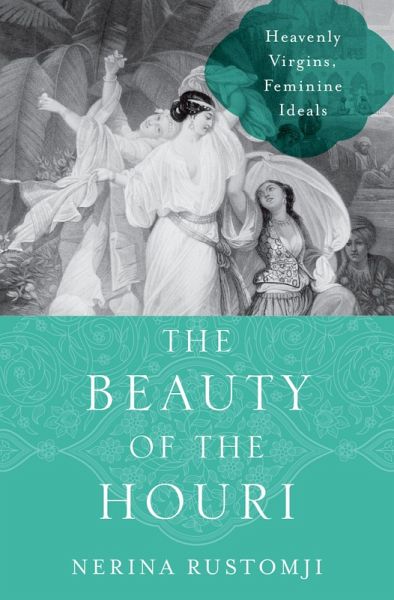
The Beauty of the Houri (eBook, ePUB)
Heavenly Virgins, Feminine Ideals
Versandkostenfrei!
Sofort per Download lieferbar
7,99 €
inkl. MwSt.
Weitere Ausgaben:

PAYBACK Punkte
4 °P sammeln!
A captivating look at the history of the pure females of Islamic paradise known as the houri The fascination with the houri, the pure female of Islamic paradise, began long before September 11, 2001. Beauty of the Houri: Heavenly Virgins, Feminine Ideals demonstrates how the ambiguous reward of the houri, mentioned in the Qurʾan and developed in Islamic theological writings, has gained a distinctive place in the cultural eye from the seventeenth to the twenty-first century. The houri had multiple functions in Islamic texts that ranged from caretaker, to pure companion, to personal enterta...
A captivating look at the history of the pure females of Islamic paradise known as the houri The fascination with the houri, the pure female of Islamic paradise, began long before September 11, 2001. Beauty of the Houri: Heavenly Virgins, Feminine Ideals demonstrates how the ambiguous reward of the houri, mentioned in the Qurʾan and developed in Islamic theological writings, has gained a distinctive place in the cultural eye from the seventeenth to the twenty-first century. The houri had multiple functions in Islamic texts that ranged from caretaker, to pure companion, to personal entertainment. French, English, and American writers used the houri to critique Islam and Muslim societies, while also adopting the houri as a model of feminine beauty. Unlike earlier texts that presented different forms of the houri or universalized the houri for all women, writings about the houri after September 11th offer contradictory messages about Islam. In the twenty-first century, the image of the houri has come to symbolize a reward for violence and the possibility of gender parity. As a cosmic figure that inspires enduring questions about the promise of paradise and the idealized feminine form, the houri has a singular past and broad potential for future interpretation. The Beauty of the Houri narrates an intellectual history of the houri and offers a contemporary account of how theological ambiguity has led to different interpretations of this powerfully enduring Islamic concept.
Dieser Download kann aus rechtlichen Gründen nur mit Rechnungsadresse in A, B, BG, CY, CZ, D, DK, EW, E, FIN, F, GR, HR, H, IRL, I, LT, L, LR, M, NL, PL, P, R, S, SLO, SK ausgeliefert werden.




